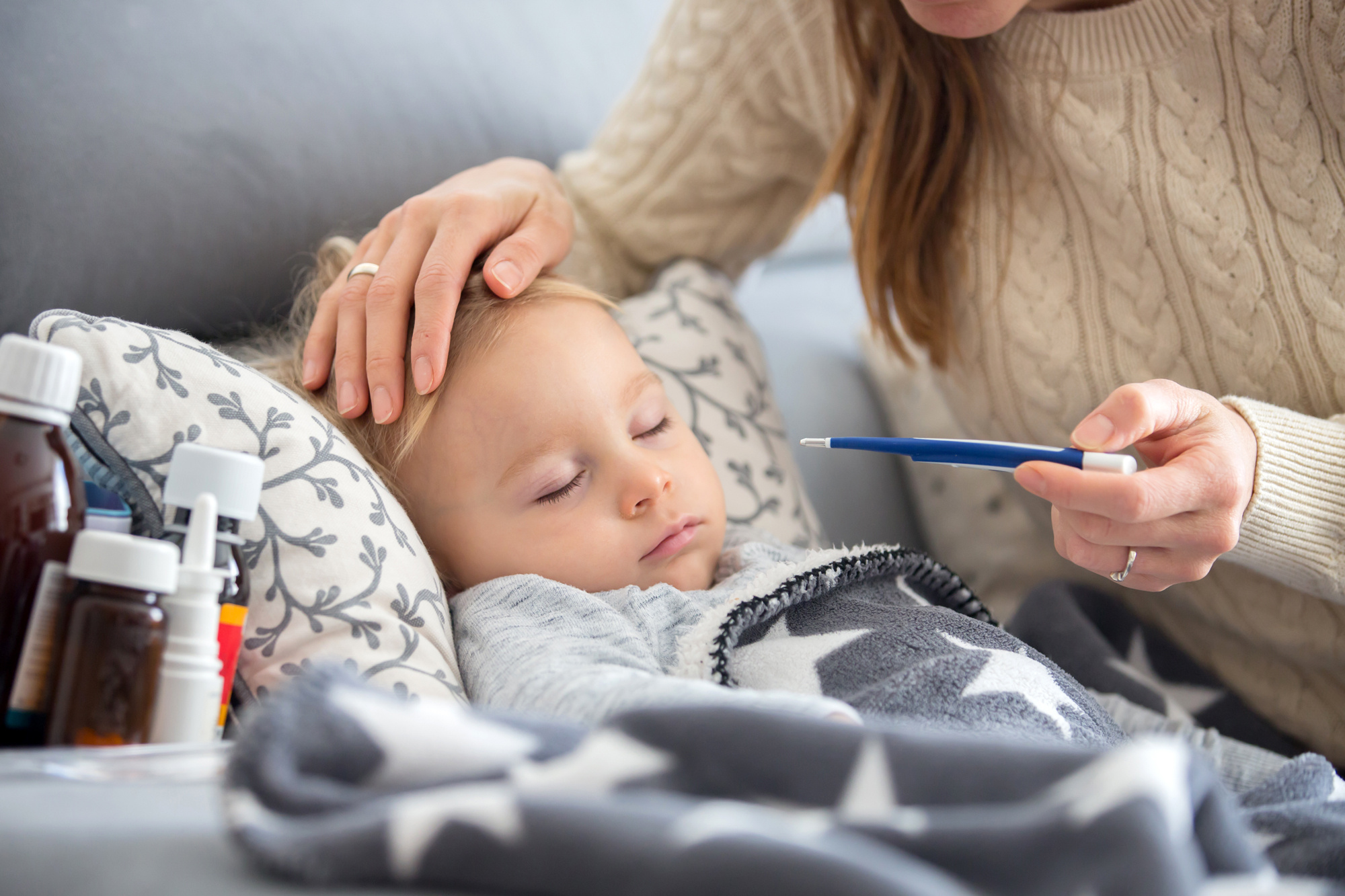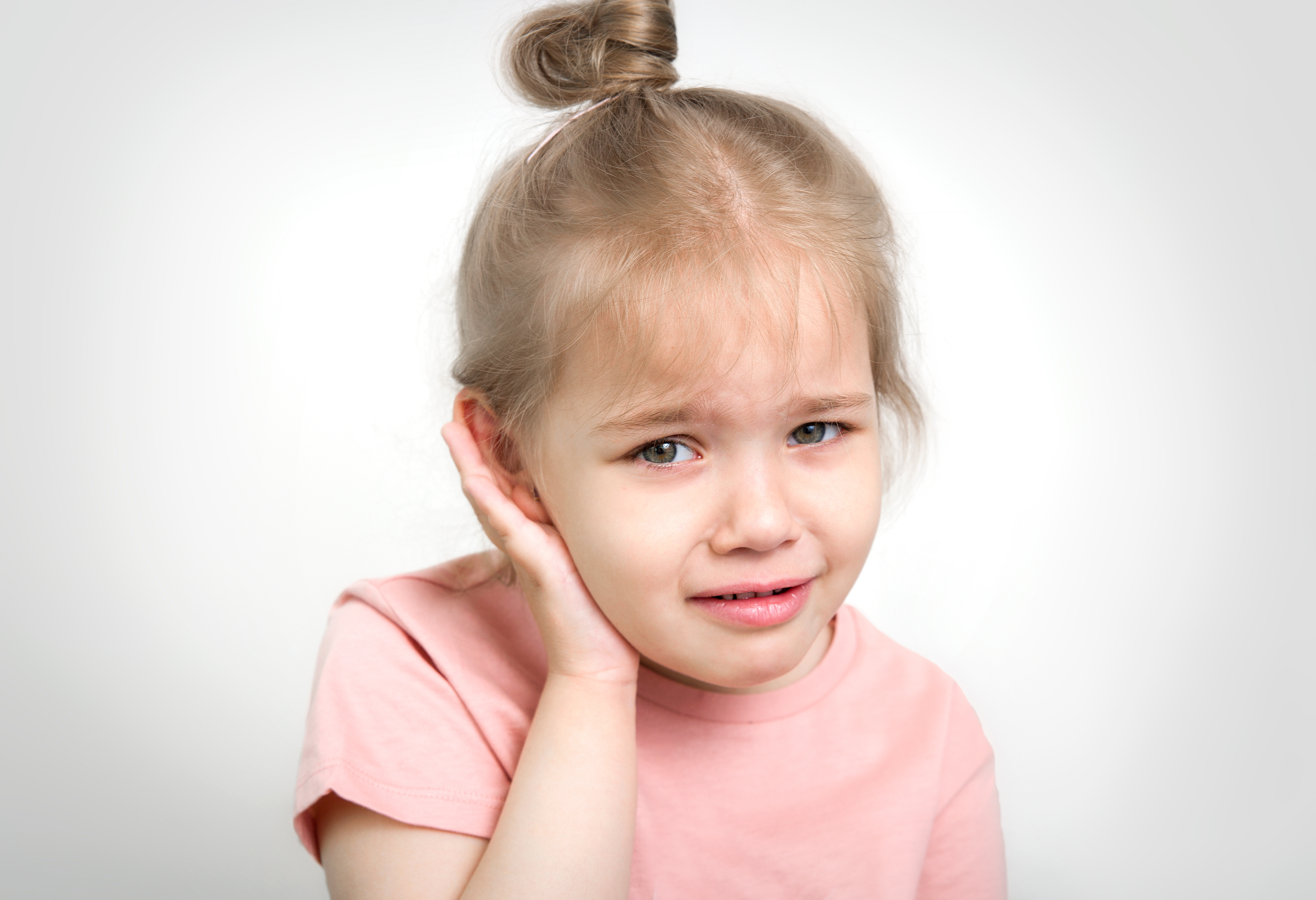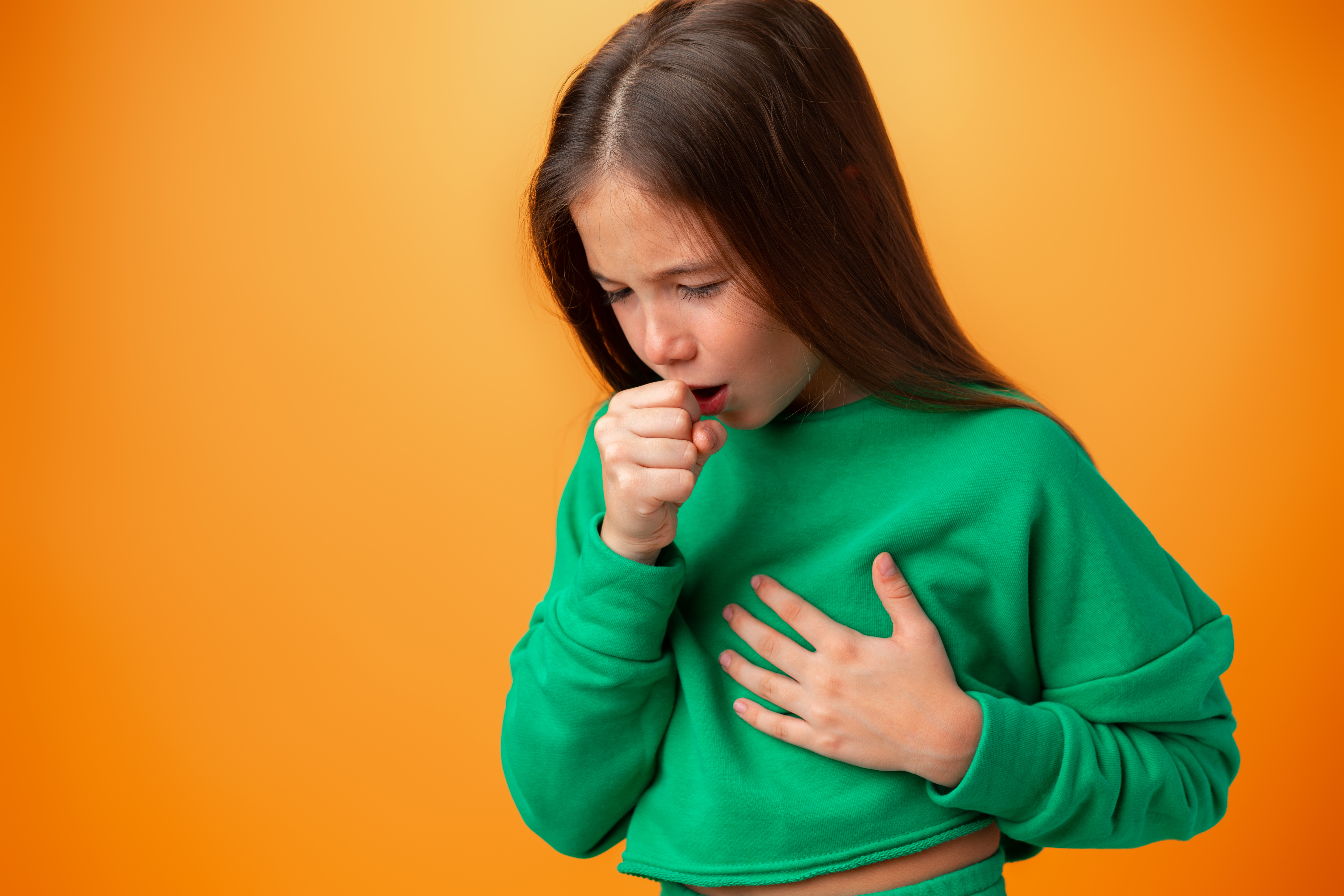Information about Children’s Health

- Know your child’s current weight. Drug doses are adjusted according to weight.
- Give the appropriate dose per weight with the scale in the syrup.
- If your child does not drink syrup from a spoon, you can give the amount on the scale in a dessert or tablespoon.
Fire

- If your child has a fever, give him/her an antipyretic appropriate for his/her weight. Monitor your temperature.
- During fever monitoring, the ambient temperature should be adjusted and the child’s clothing should be removed. Plenty of fluid should be given. A warm shower can also be applied.
- If the fever is above 39.5 degrees, the general condition is restless and sick-looking, if this situation lasts longer than 3 days and additional complaints are added, consult a healthcare institution.
Values accepted as fever according to measurement locations;
|
Rectal (anus) |
38.0 |
|
Mouth |
37.5 |
|
Forehead |
37.8 |
|
Armpit |
37.3 |
|
Ear |
37.8 |
Identified Persisting Fever
- If your child’s disease has been diagnosed and treated, fever may recur every 4 hours for the first 3 days.
- Use your medications in the dosage and duration ranges recommended by your doctor.
While monitoring fever;
- The child cannot take medicine,
- If the fever persists for more than 2 hours despite medication, consult a healthcare provider.
Seizure / Seizure

- Turn the child’s head sideways until the seizure stops.
- If there is a fever, undress yourself and apply the antipyretic; If there is no obstacle, you can apply medications in suppository form.
- Apply to the nearest health institution without wasting time.
Earache

Apply to a healthcare institution and give your child painkillers (paracetamol or ibuprofen group drugs) appropriate to his/her weight.
Head Trauma
If your child has a head injury as a result of hitting or falling, consult the nearest health institution.
Cough

- Cough is a natural response of the body. The body tries to clear foreign particles, germs and discharge from the respiratory tract by coughing. 10 coughs a day can be considered normal.
- If your child’s cough has increased and is accompanied by shortness of breath, fever, rapid breathing, voice change and wheezing, consult a healthcare provider.
Vomiting

- If your child vomits 1-2 times during the day, follow up. If additional complaints occur (fever, diarrhea), consult a healthcare provider.
- If your child has vomiting that recurs 3-4 times during the day, consult a healthcare provider immediately.



